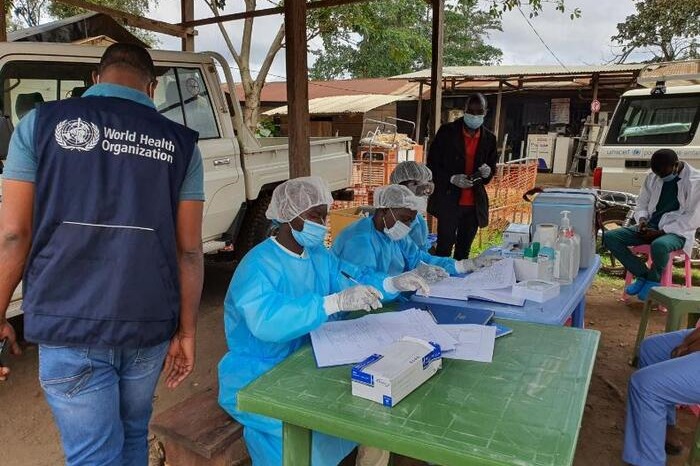The centers, to be hosted by Kenya, Senegal and Nigeria, will be equipped with emergency medical personnel, commodities and equipment to support countries with emergency responses.
They will also be centers of excellence in emergency medical training with a capacity to respond to more than 100 crises at a time.
The aim is for each African country to have at least one integrated team of emergency experts who will be ready to be deployed within 24 hours of a national health crisis being declared.
Among the professionals to be trained in the centers will be laboratory experts, epidemiologists, data managers, anthropologists, field logisticians and mental health and psychosocial experts.
READ MORE: Namibia: Hospitality Industry Upbeat About Recovery Prospects
The WHO says that despite efforts to respond to emergencies including reducing the time required to end outbreaks from 131 days in 2017 to 45 days in 2019, the pandemic has exposed huge gaps, particularly the continent’s lack of emergency responders.
WHO analysis indicates that fewer than 10 percent of African countries have the workforce required to prepare, detect and respond to public health risks. The centers are expected to tackle such challenges.
Kenya’s center, whose groundbreaking ceremony was held on Saturday, will help train a corps of 3,000 responders from across East Africa. It will be located at the Kenyatta University Teaching, Referral and Research Hospital in Kiambu county.
Speaking at the ceremony, Kenyan President Uhuru Kenyatta said the center will allow the WHO to effectively and swiftly support Kenya and all eastern and southern African countries by maintaining stockpiles of medical and logistical supplies.
The government of Kenya has allocated land for the center and committed $5 million toward its operation, he said.
“We will continue to collaborate with other development partners in sourcing for more resources to support the completion and the full operationalization of this hub.”
Tedros Adhanom Ghebreyesus, director-general of the WHO, said the new center will bolster resilience and health security in Kenya, the region and across the continent.
READ MORE: Mauritius: Tourism Sector Continues Post-Covid Recovery
“From the hub we will be able to coordinate emergency response for the eastern Africa region and organize the delivery of life-saving medical supplies to where they are needed the most in the whole continent.”
Prepositioning supplies at the emergency center is part of the WHO’s effort to significantly cut delivery time of supplies to communities across Africa during emergencies, from an average 20 days now to 72 hours, he said.
While the new center is still being built, WHO teams are already at work, he said.
